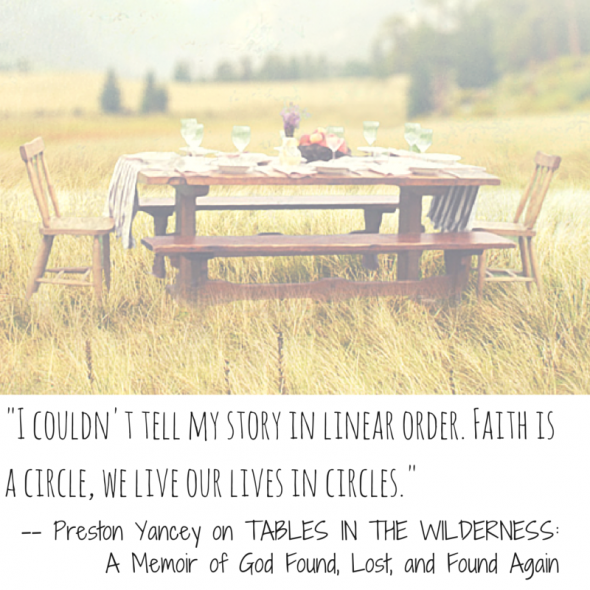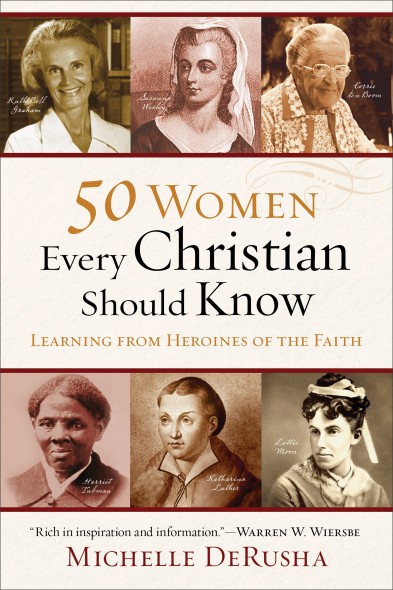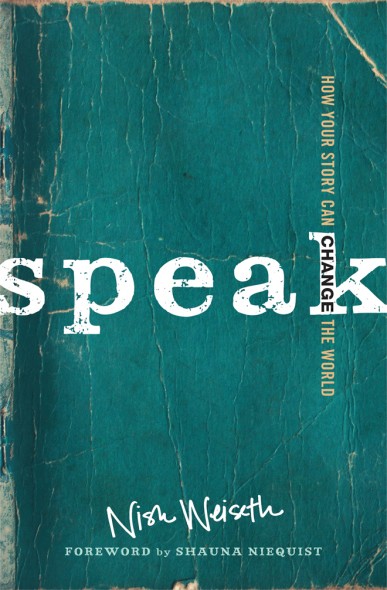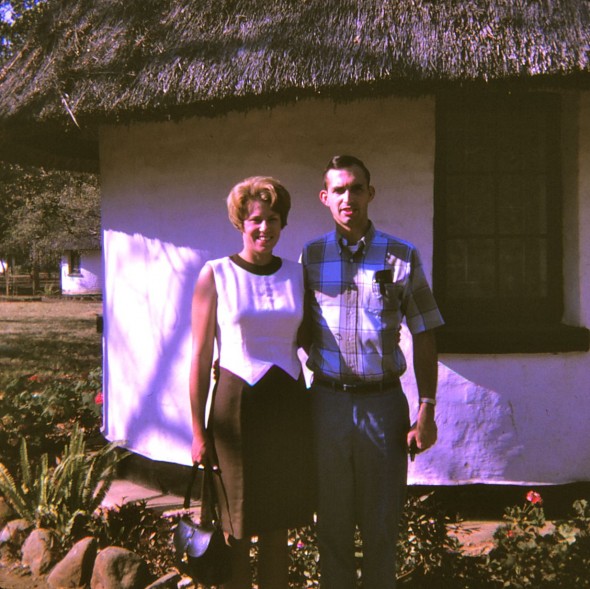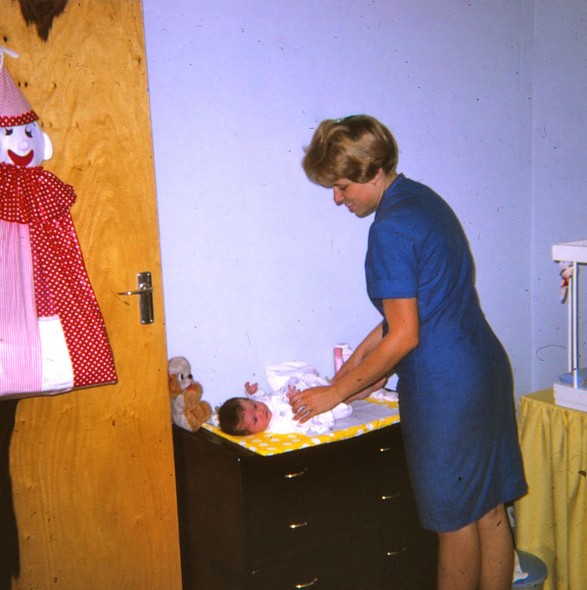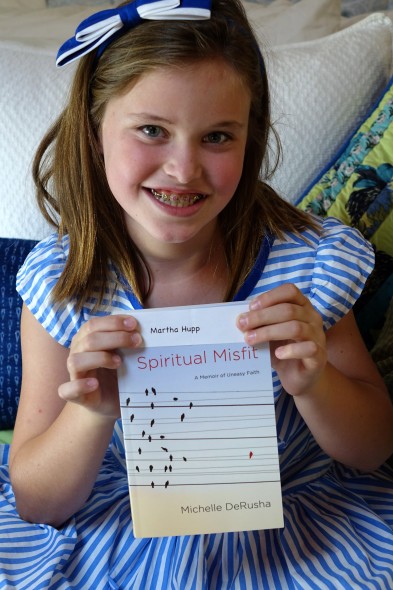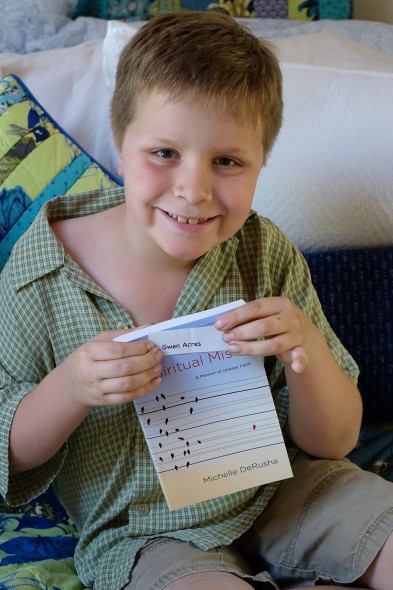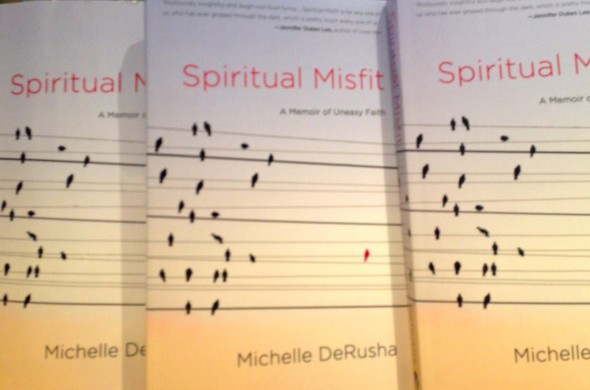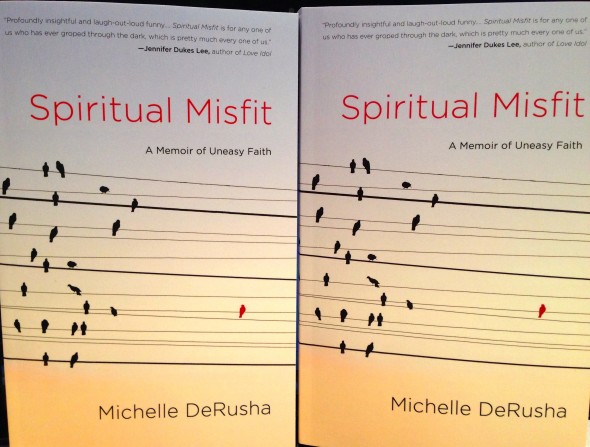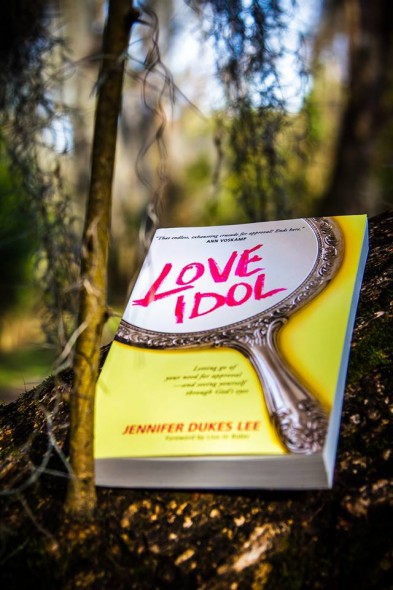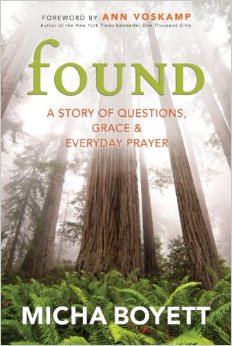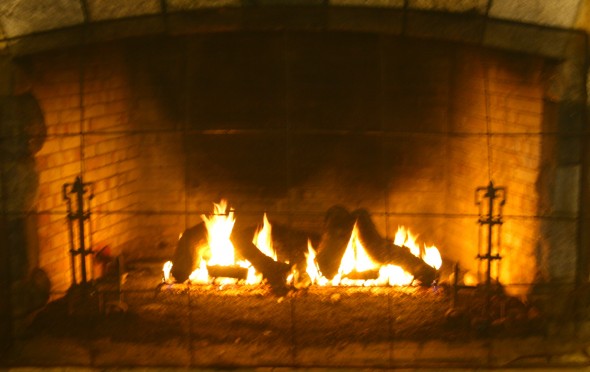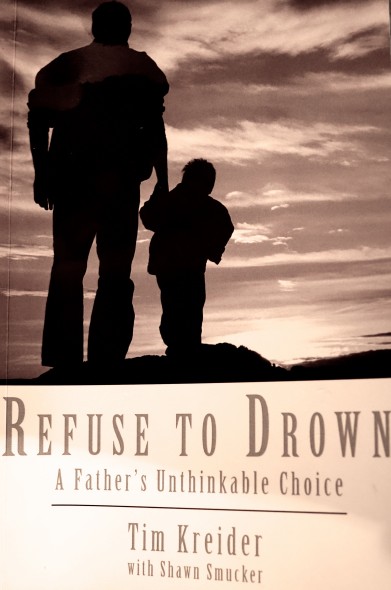Preston Yancey is a favorite of mine. He has an artist’s soul and a deep and wide knowledge of theology and literature. His first book is officially launching TODAY, and I recommend it to you.
As you read, you must come to peace with the truth that Preston is ridiculously young. Yes, he is. He might deny this, but I know it to be true. In many ways, he is an old soul and that adds gravitas to his words, burnishing them with lived experience and grace.
This memoir slice is the story of a relatively short season of life — the college years. The years of growing up and growing out, of finding lifelong friends, discovering what you love and what you don’t, and maybe, if you’re truly blessed, finding your life partner.
Over the pages of this lovely book, he does all of these things — he grows up, he grows out, he makes (and loses) friends, he discovers what and whom he loves. And in the process, he learns a lot about God — something that he was certain he already knew.
That’s the way with us humans, isn’t it? We think we know so much. And then . . . we don’t. Preston tells us about his faith journey, about the professors who inspired him, about the parents who loved and honored him, about a few girls he dated and the one he married. And he does it in the inimitable Yancey way. . . by talking in beautiful, lyrical circles.
So my primary word of advice is this: carve out a half day and read this book in one sitting. I did not do this and I wish I had — because Preston circles back to where he began more than once, as the quote above boldly tells us. Take it from me that tracking names and relationships can get a little more difficult when you’ve let time elapse between reading spells.
And the second word of advice is like unto the first: as you read this lovely story, try to remember as much of your own growing up years as possible. If you read “Tables” in one sitting, this remembering will be easier to do.
Most of us who’ve lived a bit longer than Preston will recognize ourselves as we read. We’ll remember what it feels like to love and lose, to visit strange congregations, to wonder if God has forgotten us, and to discover our faith all over again.
I think that kind of remembering is one of the primary joys of reading memoir. It’s a good thing to find companions on the way, even ones we’ve never met. And Preston Yancey is a very fine companion, indeed.
I happen to have one extra copy of this book and if you’d like to put your name in the hopper for a chance to win it, just leave me a comment. I’ll draw names one week from today — Tuesday, October 7, 2014 and I’ll post the winner here that evening. Please be sure to leave me your email address!
